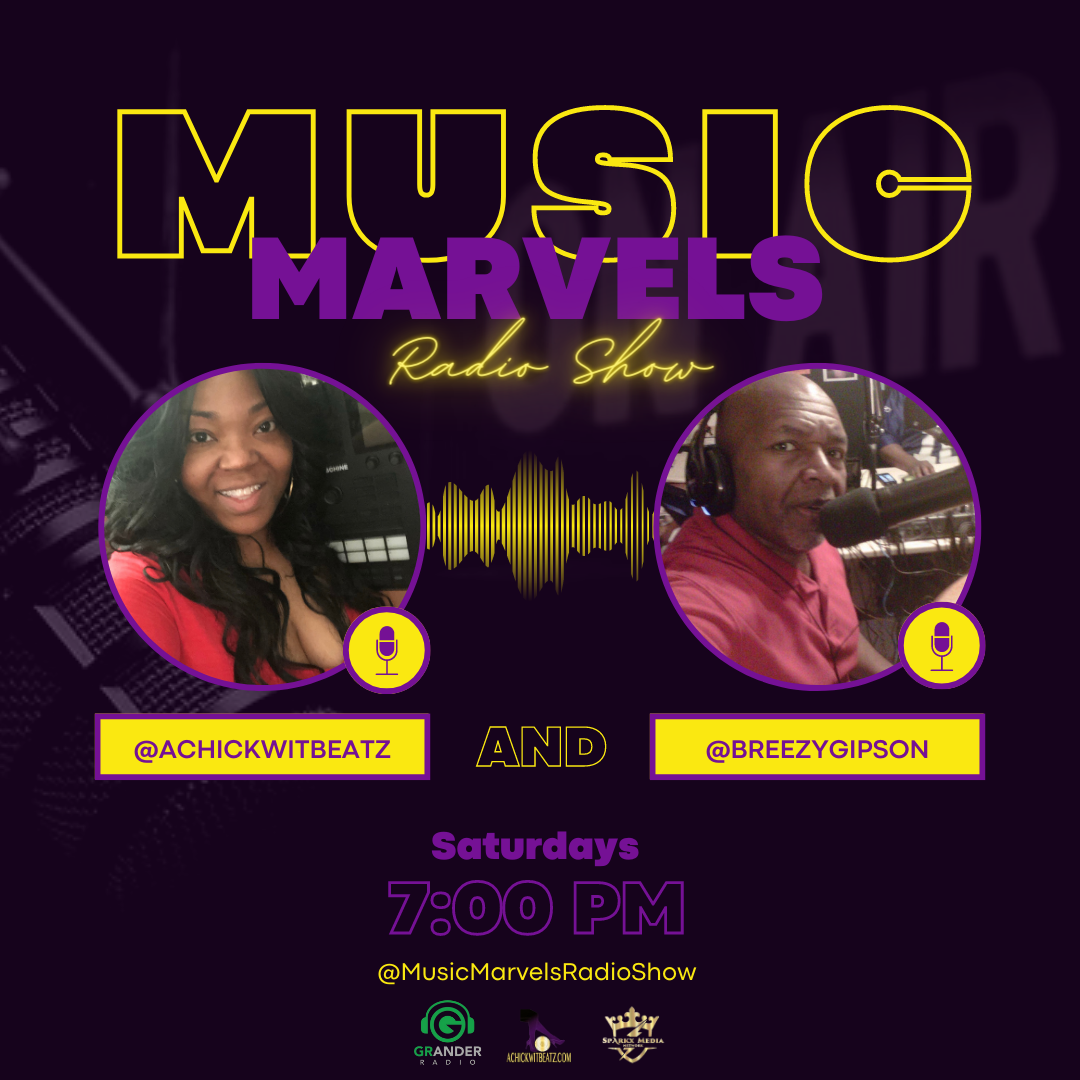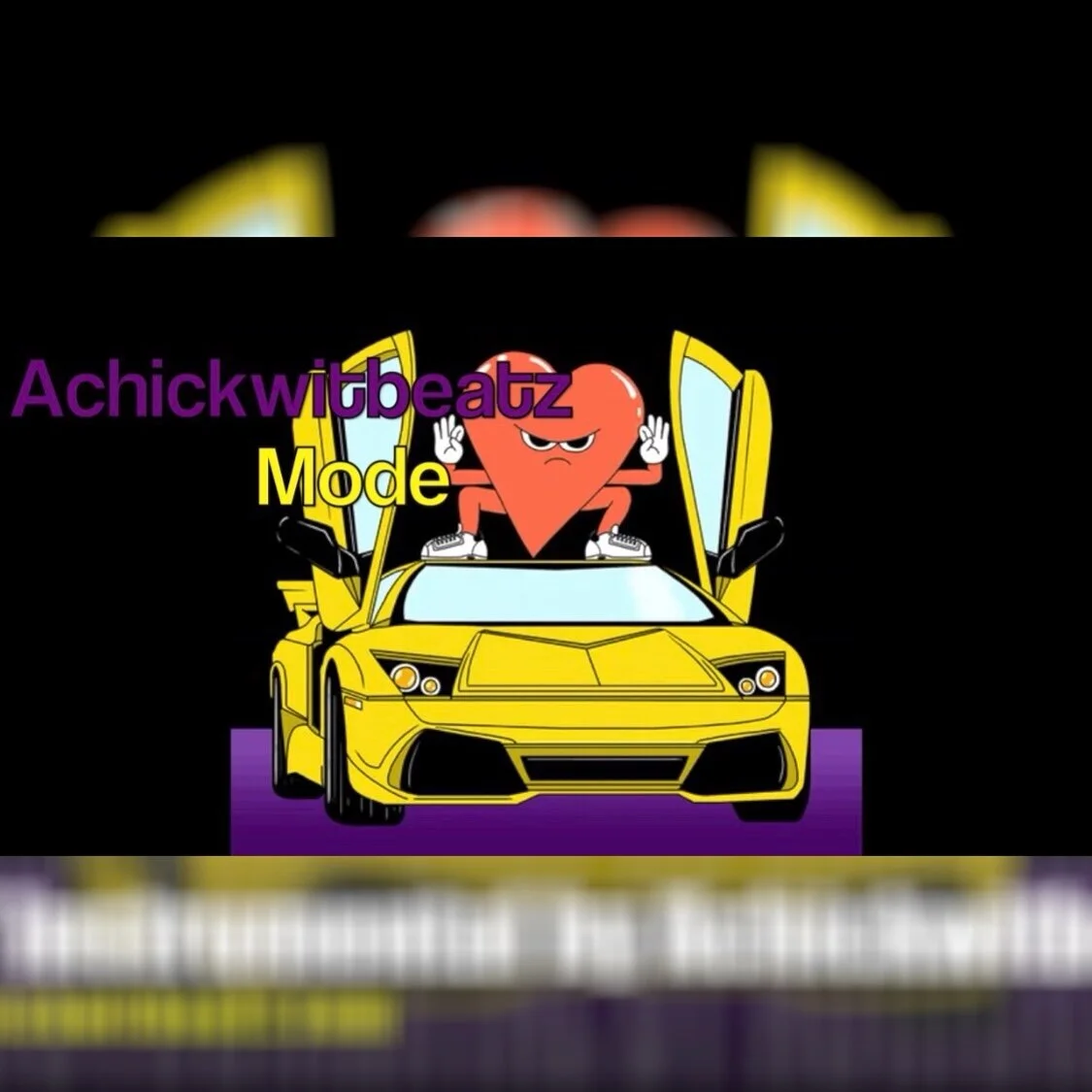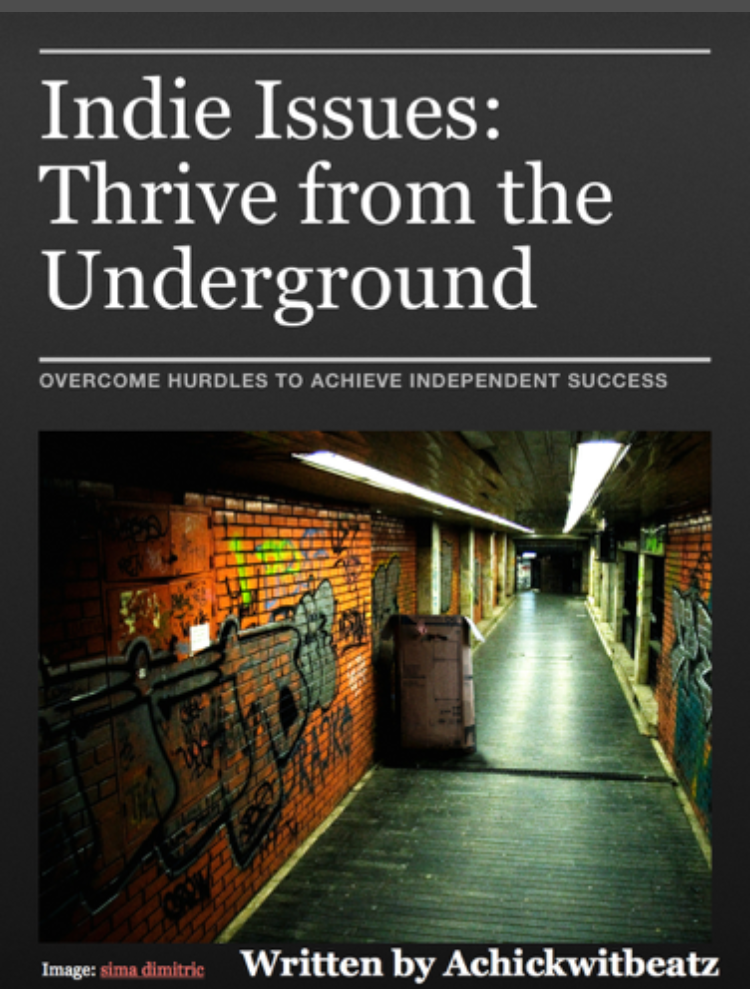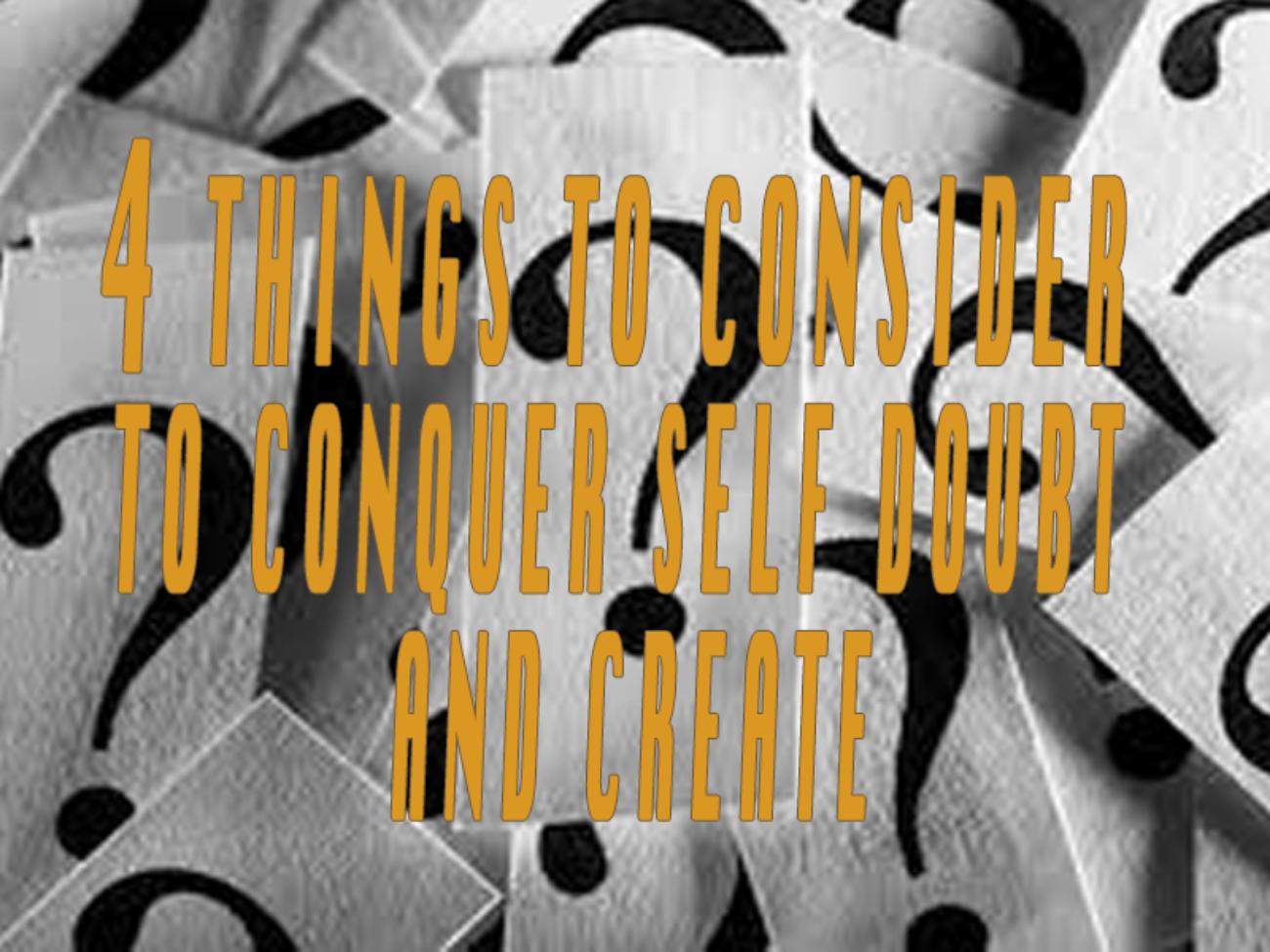
Image by Freepik
Guest post from Emma Grace Brown
The Joyful Science of Hobbies: How Everyday Passions Enrich Life
Whether it’s painting, running, reading, or gardening, hobbies shape how we live, connect, and grow. From creative expression to physical endurance and mental challenge, they offer one of the most overlooked forms of self-education — joy with purpose.
TL;DR
Hobbies aren’t just time-fillers. They’re micro-schools for creativity, patience, and emotional well-being. Start small, stay curious, and pick activities that speak to your senses — paint, move, think, or plant.
Creative Pursuits: Making Something Out of Stillness
Creative hobbies like painting, calligraphy, or ceramics turn idle hours into therapy. They teach us to observe, reflect, and stay present. You don’t need to be “good” — just consistent.
How to begin:
Start with low-pressure tools — pencils, not oil paints.
Practice for 10 minutes a day.
Join a local studio or an online class on platforms like Domestika.
Display your work somewhere visible — it reinforces pride and progress.
Quick Table: Popular Hobbies & What They Give Back

Physical Hobbies: The Motion That Heals
Movement-oriented hobbies — cycling, yoga, swimming — act like meditation for people who can’t sit still. Research shows moderate movement lowers cortisol and raises dopamine faster than scrolling through social feeds.
Beginner tip: don’t measure. Just move. Apps like Strava or Nike Run Club can track progress but should never dictate joy.
Intellectual Hobbies: Feeding the Mind
Curious minds thrive on mental play. Try learning a new language through Duolingo or exploring astronomy with a local club. Reading non-fiction, debating, or playing strategic games like chess or Go all stretch cognitive muscles.
Practice this 5-minute brain primer:
Read one article daily from a field outside your own.
Summarize it in 50 words.
Teach that insight to a friend — teaching locks in learning.
Lifestyle Hobbies: Everyday Practices with Soul
Lifestyle hobbies blur the line between leisure and living. Gardening, for instance, is a quiet philosophy: care + time = growth. Cooking teaches sensory intuition. Even home organizing, when done mindfully, can restore mental order.
Bullet-fast list of underrated lifestyle hobbies:
Composting
Candle-making
Tea blending
Local volunteering
Each one roots you in tangible progress — something screens can’t replicate.
How-To Checklist: Starting a New Hobby That Sticks
Step 1: Reflect on what recharges you.
Ask, “Do I feel better after creating, moving, thinking, or connecting?”
Step 2: Start embarrassingly small.
Buy the simplest version of the gear. Ten minutes is enough on day one.
Step 3: Schedule play.
Add your hobby to your calendar like a meeting. Structure sustains spontaneity.
Step 4: Join a community.
Engagement multiplies motivation — check Reddit hobby groups, Meetup.com, or local workshops.
Step 5: Log joy, not progress.
Write how it felt, not what you produced. That emotional memory keeps the loop alive.
FAQ: Common Hobby Hiccups
“I lose interest after a week. How do I stay consistent?”
Rotate micro-hobbies. Instead of quitting, pause one and pick up another — creativity often needs rest, not replacement.
“I can’t afford expensive materials.”
Many hobbies scale down beautifully. Use free apps for art or borrow equipment from a local library or tool exchange.
“Is it too late to start learning something new?”
Never. Neuroplasticity thrives on novelty. Every time you learn, your brain literally reshapes itself for adaptability.
When a Hobby Becomes a Calling
Sometimes, a passion evolves into a career pivot. Many discover that their side projects — photography, writing, crafting, or design — hold real economic value when structured.
If you fall in love with your new skill and decide to turn it into a livelihood, consider formalizing your path. Going back to school for specialized study can provide not only skill depth but also credibility. If your dream is to launch a business around your hobby, earning a business management degree can strengthen your abilities in leadership, operations, and project management. For flexible study while balancing life, you can consider this option for an online program that fits around your schedule. Education, in this context, becomes another hobby — one that pays forward.
The Thread Between Work and Wonder
A well-chosen hobby does what no algorithm can — it reminds you that time can be creative, not just consumed. Whether you’re painting, pedaling, pondering, or planting, you’re rehearsing a richer way of living.
So don’t chase productivity — chase play. It’s where your most enduring learning begins.








![Hear Here: Achickwitbeatz - Dopamine & Serotonin [Single]](https://images.squarespace-cdn.com/content/v1/52b0b90ae4b0293bfed0d692/1710852808557-EZYGFDIBHLBSIRFOVS1Q/Dopamine+%26+Serotonin.JPG)









![Hear Here: Dagga Man- "Analytics" [Prod. by Achickwitbeatz]](https://images.squarespace-cdn.com/content/v1/52b0b90ae4b0293bfed0d692/1584638158548-9R55AZLWZIDFJC8LATV6/IMG_2212.JPG)
























![Making Music on a Budget [Infographic]](https://images.squarespace-cdn.com/content/v1/52b0b90ae4b0293bfed0d692/1582844361438-3JTE5NT3EL51FHXC0WJI/making-music-on_1929722%25281%2529.jpg)



